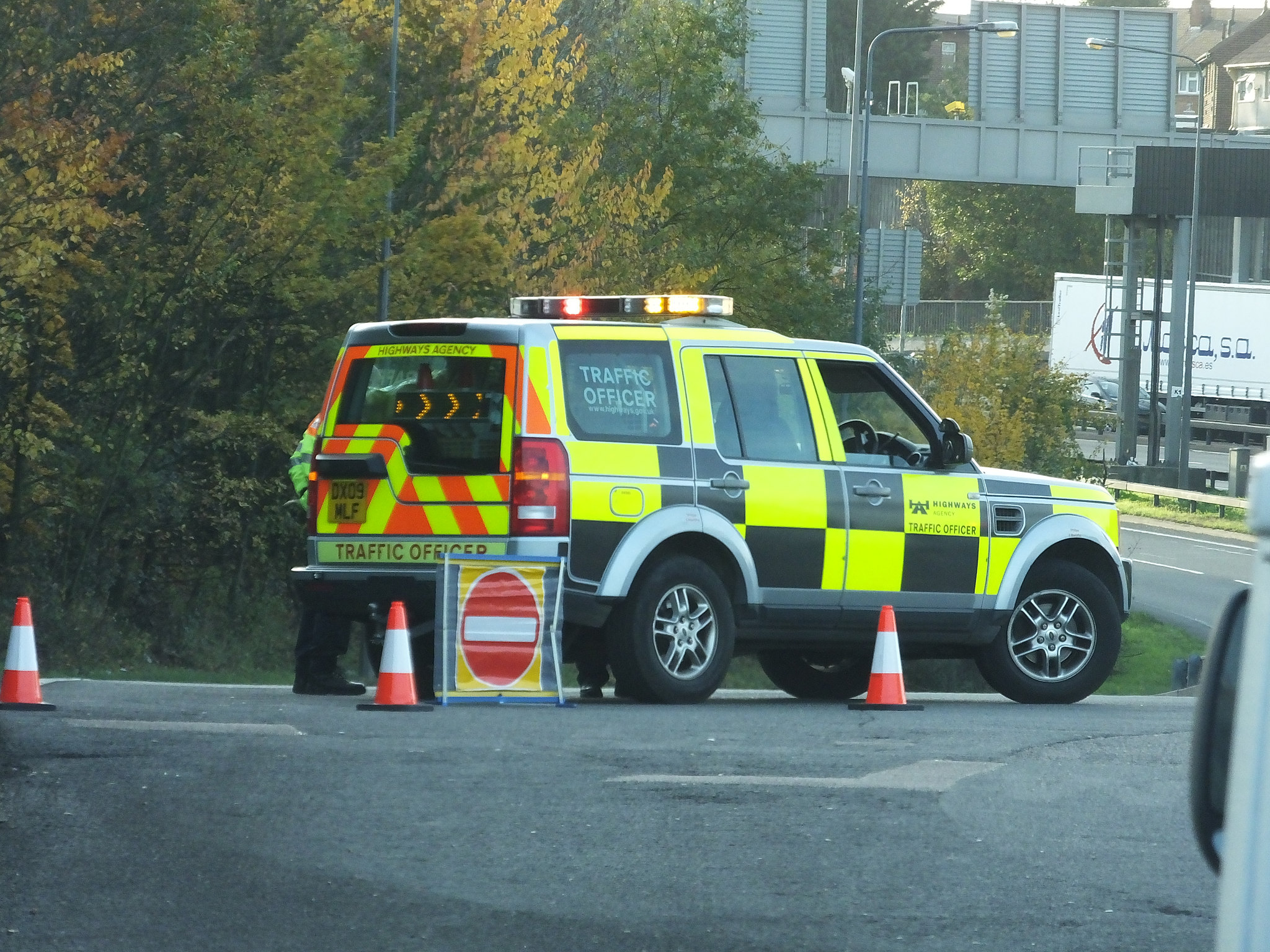18 March 2020
The UK government has relaxed the rules on driving hours and rest periods to cope with the coronavirus outbreak. The measures have been brought in following food shortages at supermarkets as UK citizens prepare for possible quarantine. The new rules apply to drivers involved in certain deliveries of food and pharmaceuticals, mostly between distribution centres and stores.
The changes
The main changes are as follows:
- a) The daily driving limit of 9 hours has been increased to 11 hours
- b) The daily rest requirement has dropped from 11 hours to 9 hours
- c) The weekly (56 hours) and fortnightly driving limits (90 hours) have increased to 60 and 96 hours respectively
- d) A weekly rest period can be taken after seven 24 hour periods, although two rest periods will still be required in a fortnight
- e) Drivers can now drive up to 5.5 hours before taking a 45-minute break
Full details are contained in the newly released guidance: https://www.gov.uk/government/publications/temporary-relaxation-of-the-enforcement-of-eu-drivers-hours-rules/temporary-relaxation-of-the-enforcement-of-the-drivers-hours-rules-delivery-of-essential-items-to-retailers
An escalating response
These new rules follow other measures brought in by the UK government to support under-pressure supply chains. Drivers hours rules have already been relaxed for drivers making “trunk” deliveries of Liquified Petroleum Gas (LPG) throughout the country.
The Traffic Commissioners responsible for regulating road haulage in the UK have announced emergency measures to support the transport industry. This even includes the option of granting companies the right to temporarily operate without an EU Operators licence in an emergency.
Meanwhile, in London, rules preventing night-time deliveries (the London Lorry Control Scheme) have been suspended.
Financial support for the transport industry
In addition to the above measures, the UK government has announced a sweeping package of financial support for transport companies at risk of collapse. These include immediate cash injections and deferred tax payments.
Taken together, these measures represent perhaps the most significant rollback of transport regulation and financial support for the industry since the Second World War.
This is a rapidly changing situation and further announcements are expected soon.
Chris Powell is a road transport lawyer at Rotheras Solicitors in the UK.
Photo: kenjobro/ Flickr











